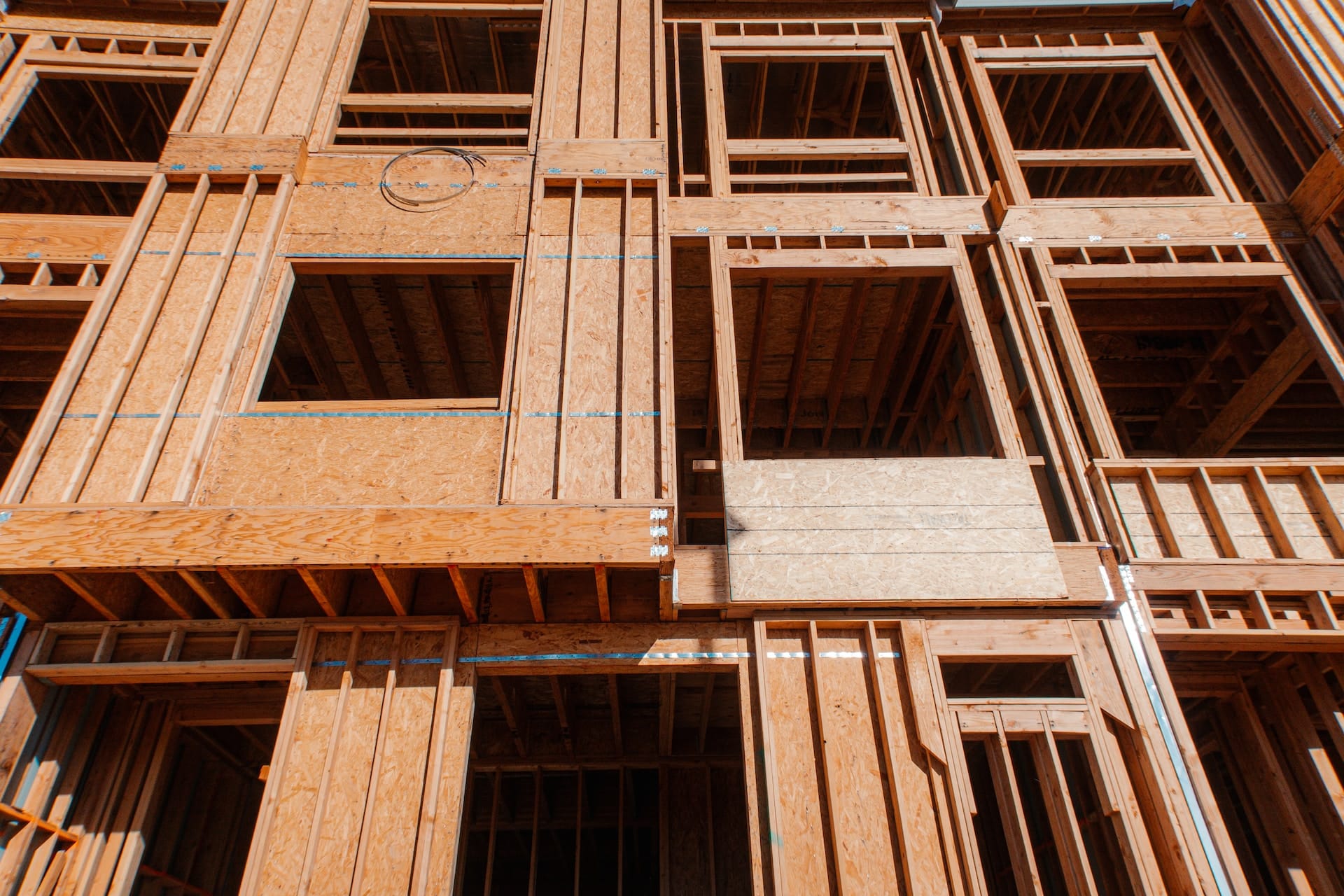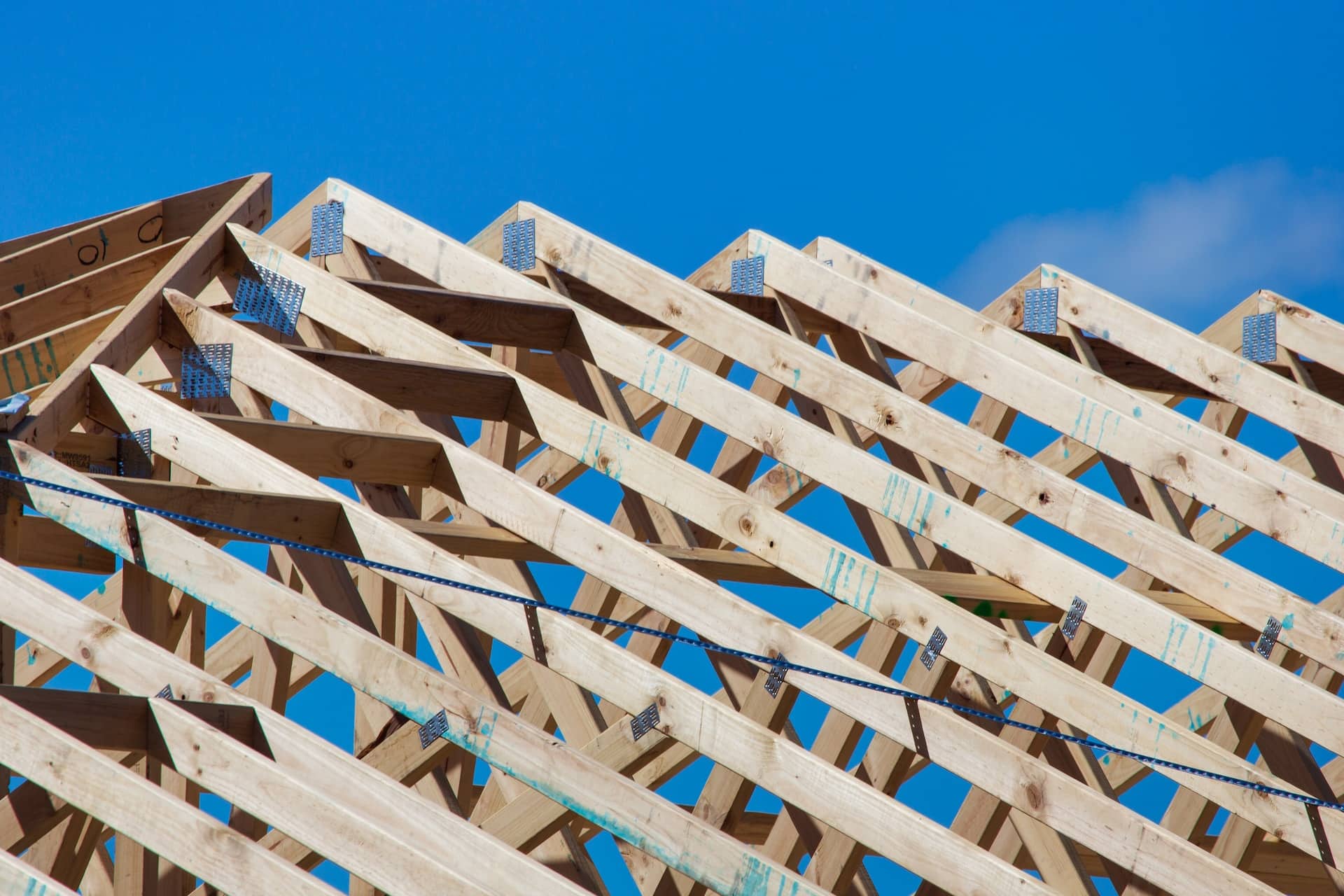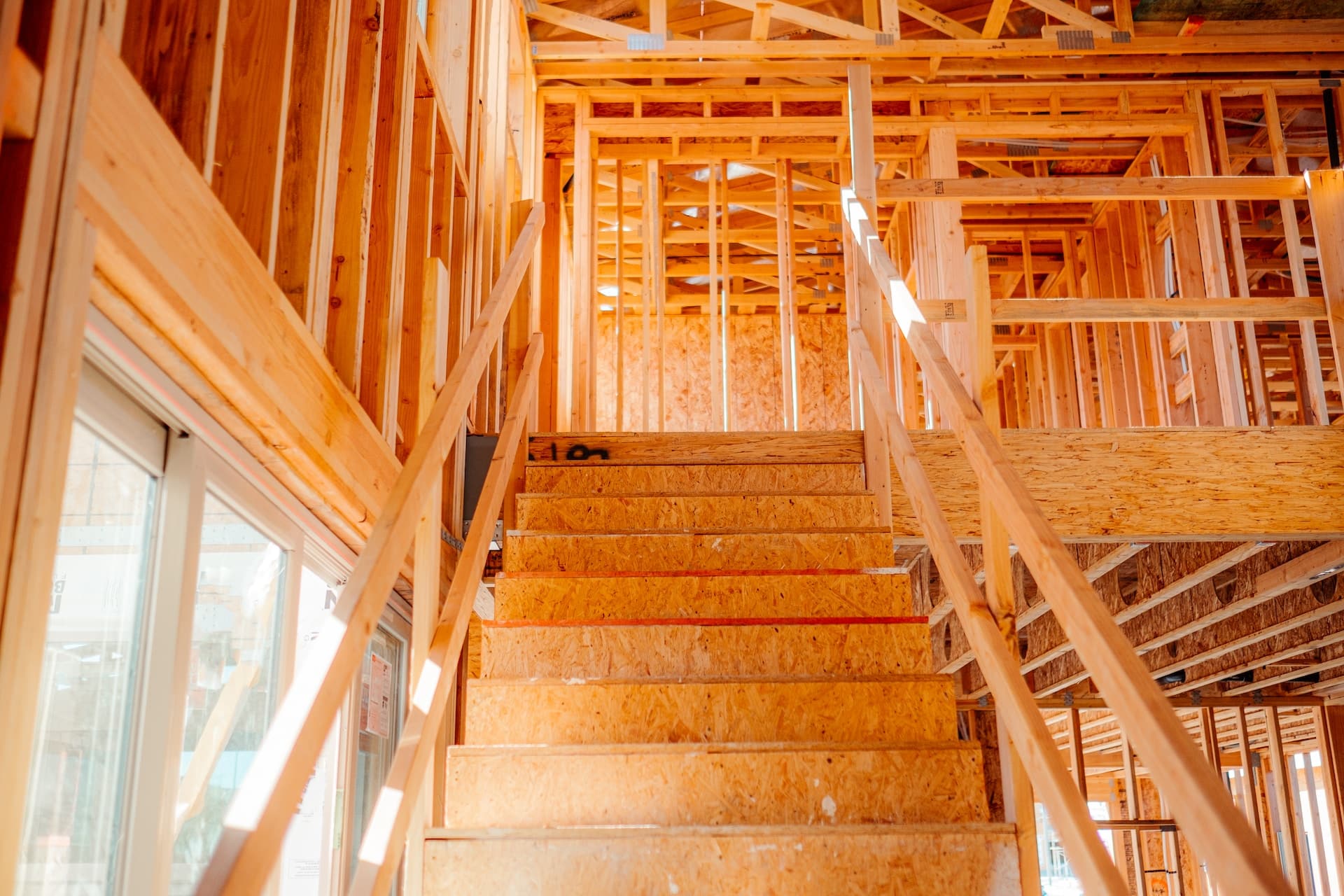When building your dream home, choosing the right home builder is crucial. It is essential to ask the right questions to ensure that your builder can meet your requirements and expectations.
This article presents a comprehensive list of questions to ask your home builder.
Credentials and Experience
Ask your home builder about their experience building homes, their area of specialization, and whether they have any certifications or awards. Additionally, it is crucial to ensure that they are licensed and insured.
Asking these questions can help you feel confident that you are working with a reputable builder with the credentials and experience to build your home. You can rest assured that your dream home will be made to your specifications and with the highest quality.
Pricing and Budget
When working with your home builder, it is critical to ask how they determine the cost of building your home, what is included in the pricing structure, and whether they offer discounts or specials. It is also essential to ask how they ensure the project stays within budget.
Understanding the cost of building your home can help you make informed decisions about design and customization options and avoid unexpected expenses. By discussing pricing and budget upfront, you can work with your builder to create a home that meets your needs and fits within your financial constraints.
Design and Customization
When choosing a home builder, asking questions about their ability to create custom floor plans and examples of homes they have built with similar features to what you are looking for is essential.
Additionally, it is essential to discuss how they handle design changes during the construction process and how they ensure that your vision for the home is realized.
Timeline and Project Management
When selecting a home builder, it is essential to ask questions about their estimated timeline for the project, how they manage the construction process, and who will be responsible for overseeing the project.
Also, it is vital to discuss progress updates and what happens if the project is delayed. Choosing a builder who can manage the project effectively ensures your dream home is built on time and without undue stress.
Warranties and Maintenance
When selecting a home builder, asking questions about their warranty offerings is essential. This includes how long the warranties last, what they cover, and what maintenance services they offer.
By selecting a builder who provides these services, you can protect your investment and ensure that any issues are addressed promptly and professionally.
Communication
When building a home, effective communication is critical to ensuring that the project runs smoothly and that your needs and expectations are met. Ask your builder about their preferred communication methods, how often you will have meetings, and who will be your point of contact.
Additionally, discussing response times and what happens if you have a question or concern outside of business hours is crucial. You can rest assured that you will be informed and involved throughout the construction process.
Conclusion
Building a home is a significant undertaking, and working with a builder who can meet your requirements and expectations is essential. Asking the right questions can help you determine whether a builder is qualified, transparent, and capable of building your dream home.
Are you looking for reliable and experienced builders in Bonita Springs? Look no further than A&R Builders! Our commitment to quality craftsmanship, personalized options, and punctuality make us the ideal choice for your dream home. Contact us today to learn more about our services and how we can help bring your vision to life.










